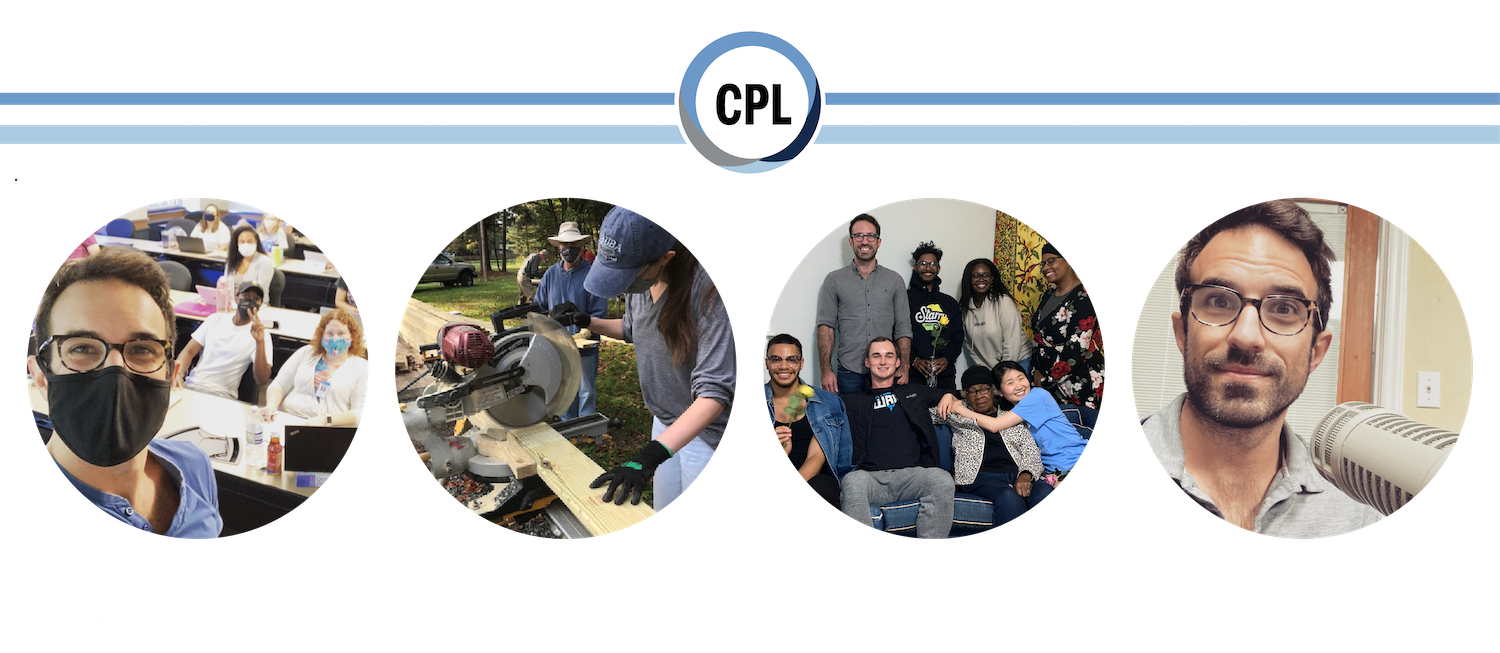
Community Practice Lab
Catalyzing and expanding community-driven, sustainable, and knowledge-based initiatives through creative scholarship, innovative program development, and committed partnerships.
Abundance
We recognize communities’ strengths, skills, knowledge, and history.
Partnership & Coalition
We build sustainable, mutually beneficial partnerships driven by community interests, strengths, ideals, and needs.
Systemic Justice
We create programming, initiatives, and curricula that are critically evaluated and oriented toward structural and systemic changes.
Occupation
We work with theories of “occupation,” or the everyday experience of living.
Learn more about our approach.